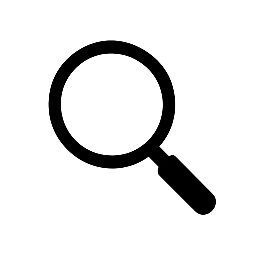In a significant diplomatic movement, German Foreign Minister Johann Wadephul has embarked on a crucial journey to Brussels. This trip is expected to be a cornerstone in strengthening Europe’s stance on pivotal issues such as support for Ukraine, enhancing European security capabilities, and framing trade policies concerning rare earths and chips. The meetings with EU and NATO leaders are set against a backdrop of pressing global concerns, making this visit timely and essential.
Strengthening Support for Ukraine
At the forefront of Minister Wadephul’s agenda is reinforcing the support for Ukraine. As tensions continue to simmer on the Ukrainian border, the need for a unified and robust European response is more critical than ever. Germany, under Wadephul’s guidance, aims to consolidate its commitment alongside EU and NATO allies to ensure that Ukraine’s sovereignty and territorial integrity are upheld. Discussions are poised to address various facets of aid, from economic assistance to military support, ensuring a comprehensive approach to the crisis.
Enhancing European Security Capabilities
Another vital topic on the agenda is bolstering European security capabilities. In light of recent global events, Europe finds itself at a crossroads where enhancing defense mechanisms and cooperative security measures are imperative. Wadephul’s visit aims to foster deeper collaboration within the EU and NATO frameworks, focusing on collective defense initiatives and strategic readiness. The conversation is expected to explore advancements in cybersecurity, the integration of cutting-edge technology, and streamlined joint operations to fortify Europe’s defensive posture.
Trade Policy: Rare Earths and Chips
Trade policy also features prominently in Wadephul’s discussions, particularly concerning rare earths and semiconductor chips. These materials are critical for the technological and industrial sectors, and their supply chains have become a focal point of international trade strategies. The German Foreign Minister will be advocating for a more resilient and diversified supply chain approach, aiming to reduce dependence on single-source suppliers and mitigate risks associated with global trade disruptions. By addressing these challenges head-on, Wadephul seeks to ensure that Europe remains competitive in the high-tech arena.
Bridging Diplomatic Relations through Dialogue
Wadephul’s trip to Brussels is not just about addressing immediate concerns but also about fostering long-term diplomatic relations. The meetings with EU and NATO leaders serve as a platform for open dialogue, mutual understanding, and collaborative problem-solving. By engaging in these discussions, Wadephul hopes to build stronger ties that will facilitate smoother cooperation on future endeavors and crises.
Conclusion
German Foreign Minister Johann Wadephul’s visit to Brussels is a testament to the proactive and strategic diplomacy needed in today’s complex geopolitical landscape. With key issues such as support for Ukraine, European security enhancement, and trade policy on the table, the outcomes of these meetings are anticipated to shape the future of European unity and strength. As Wadephul navigates these critical discussions, the overarching goal remains clear: to foster a secure, resilient, and prosperous Europe.
For those interested in following more updates and insights into these pivotal meetings, platforms like Banjir69 offer a comprehensive login where you can access real-time information and expert analysis on the unfolding developments. Stay informed with Banjir69 login for the latest on German foreign policy and its impact on the global stage.

Leave a Reply